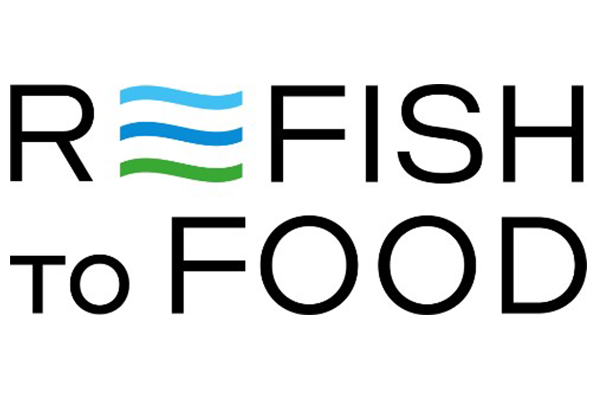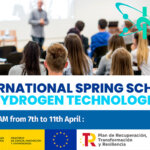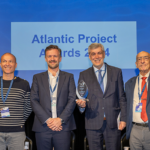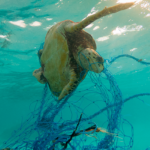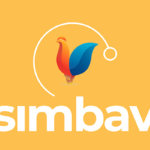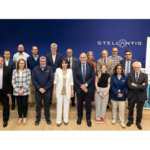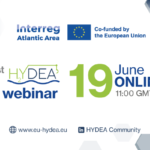ANFACO-CECOPESCA, EnergyLab and the group for the Development of Chemical Processes and Contaminant Control of the University of Cantabria begin the RE-FISH TO FOOD project focused on resilient food systems to obtain new sources of protein from application of the circular economy to by-products and discards of marine products.
In this project, co-financed by the Recovery, Transformation and Resilience Plan and the European Next Generation EU funds until October 2023, the three entities will try to develop a comprehensive system that allows the recirculation of resources from the seafood processing industry as new protein source.
It is estimated that by 2050 10,000 million people will have to be fed on a planet with limited food resources, which is why it is necessary to look for new sources of protein, trying to innovate to guarantee a desirable food supply, but at the same time it is done sustainably.
The project, coordinated by ANFACO-CECOPESCA, will act in different lines of research. At the most experimental and innovative level, they will study the production of sustainable microbial protein, from by-products and fishing discards and processing of fish products, previously subjected to fermentation technologies, which can be used in the food sector. To do this, they will determine the specifications of the by-products to achieve the desired quality of the precursor gas for the production of said protein, as well as its extraction and stabilization, and the study of the possible scaling to determine its viability. In the same way, the project will carry out the evaluation of the environmental sustainability, both of the process and of the future diets in which this protein is integrated, through the life cycle analysis methodology, which will quantify the environmental impacts associated with each stage. Likewise, the calculation of the nutritional footprint of the diets is included.
Based on the results obtained, comprehensive systems based on circular economy will be proposed for the sector that allow contributing to the objectives of sustainable development in such an important food production chain in communities such as Galicia and Cantabria, but also in Spain and Europe. The best waste is the one that is not generated, and less if it is translated into food, and this type of project promotes greater sustainability in the sector that will encourage more companies to implement these procedures in the not so distant future, although today it may sound like science fiction
In this sense, in addition to the research entities, in the development of the project several companies in the fishing sector will collaborate both in the provision of by-products and wastewater to the centers in order to carry out the experimental tests and in the final validation of the protein in a food product.




